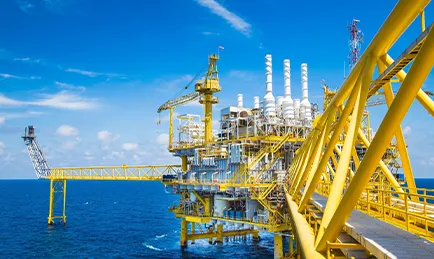pipe mill
The Importance of Pipe Mills in Modern Industry
In today’s rapidly evolving industrial landscape, the production of pipes plays a crucial role in a wide range of applications, from construction and plumbing to oil and gas transportation. Central to this production are pipe mills, facilities designed for the manufacturing of pipes from a variety of materials, primarily steel. This article delves into the significance of pipe mills, their processes, and their impact on various industries.
Understanding Pipe Mills
A pipe mill is a specialized facility that processes raw materials into pipes through a series of mechanical and chemical procedures. These mills can produce pipes in differing sizes, thicknesses, and materials, catering to diverse industry needs. The most common materials used in pipe production are carbon steel, stainless steel, and alloy steel, each selected based on the intended application of the pipe.
The Pipe Manufacturing Process
The production of pipes typically involves several key steps
1. Raw Material Preparation The process begins with the careful selection and preparation of raw materials. Steel is often rolled into flat sheets, known as coils, which serve as the primary input for pipe manufacturing.
2. Forming The flat sheets are fed into machines where they undergo a forming process. This can be done through methods such as continuous welding, where edges of the steel are heated and pressed together to create a tube. This step is critical, as it determines the initial shape and size of the pipe.
3. Welding After forming, the edges of the pipe are welded together. The welding process can vary; options include high-frequency induction welding or submerged arc welding, each chosen based on the required structural integrity and intended use of the pipe.
4. Sizing and Expansion Once welded, the pipe is passed through a sizing mill, which ensures it meets the specified diameters and tolerances. This phase can also include expansion to relieve stresses introduced during the welding process.
5. Finishing After sizing, the pipes are typically subjected to finishing processes, which might include cutting to length, surface treatment, or coating to enhance resistance to corrosion or other environmental factors.
6. Quality Control Quality assurance is paramount in the pipe manufacturing process. Various tests, including visual inspections, non-destructive testing, and pressure tests, are performed to ensure that the pipes meet industry standards and customer specifications.
pipe mill

Applications of Pipe Mills
The products of pipe mills serve an array of industries
- Construction Pipes manufactured for construction purposes are essential for water supply systems, sewage systems, and structural components. Their strength and durability are critical for ensuring safety and reliability.
- Oil and Gas The oil and gas industry relies heavily on high-grade steel pipes for transporting hydrocarbons from extraction points to refineries and beyond. The ability to produce pipes that can withstand high pressures and corrosive environments is vital.
- Manufacturing and Infrastructure Many manufacturing processes require pipes for moving fluids, gases, and other materials. Pipe mills supply the necessary products for hydraulic systems, heating and cooling systems, and waste management systems.
The Role of Technology
Innovation and technology play a pivotal role in enhancing the efficiency and productivity of pipe mills. Advanced technologies like automated welding, robotics, and real-time monitoring systems have transformed traditional pipe manufacturing processes. These innovations not only increase output but also improve the overall quality and consistency of the final products.
Environmental Considerations
As industrial operations face increasing scrutiny regarding their environmental impact, pipe mills are also making strides in sustainability. Utilizing recycled materials, adopting energy-efficient practices, and minimizing waste are essential steps that many pipe manufacturers are taking to align with global sustainability goals.
Conclusion
In conclusion, pipe mills are indispensable to modern industrial operations. From producing the pipes essential for infrastructure to meeting the stringent demands of the oil and gas sector, these facilities are at the forefront of manufacturing. As technology continues to evolve, the efficiency and sustainability of pipe mills will only improve, ensuring they remain a vital component of industrial production for years to come.
-
Unlock the Benefits of Pup Joints for Your OperationsNewsOct.31,2024
-
The Quality of Casing Couplings from ChinaNewsOct.31,2024
-
The Essential Role of Pup Joints in Drilling OperationsNewsOct.31,2024
-
The Benefits of Tubing Couplings for Your ProjectsNewsOct.31,2024
-
Enhance Your Drilling Operations with Tubing Pup JointsNewsOct.31,2024
-
Elevate Your Drilling Operations with Tubing CrossoversNewsOct.31,2024







